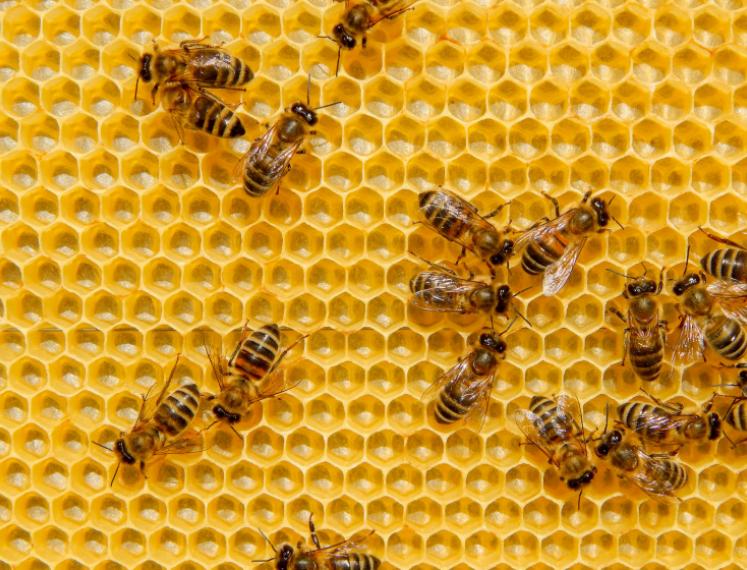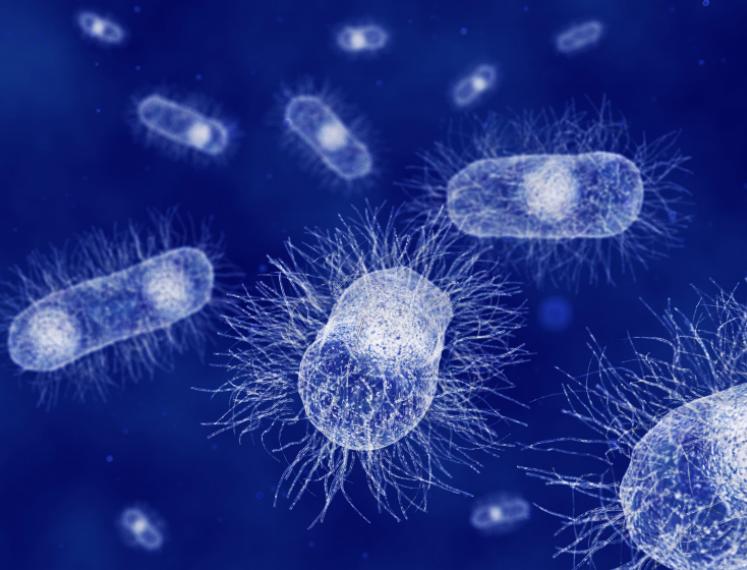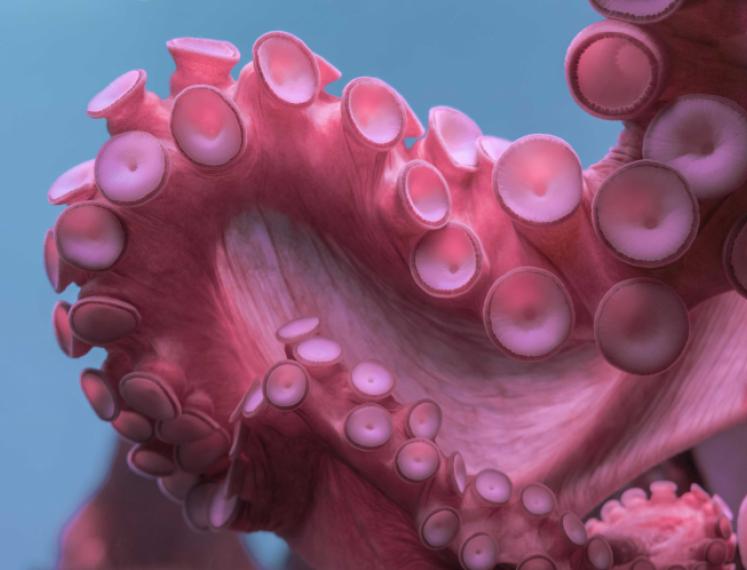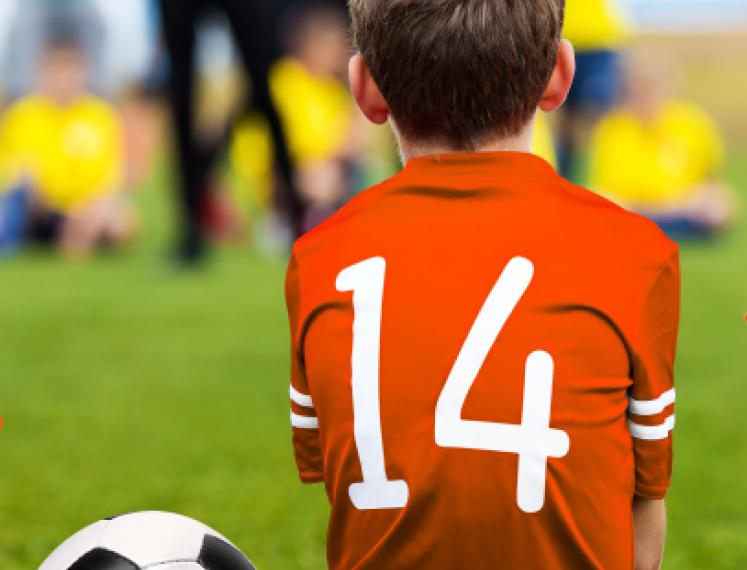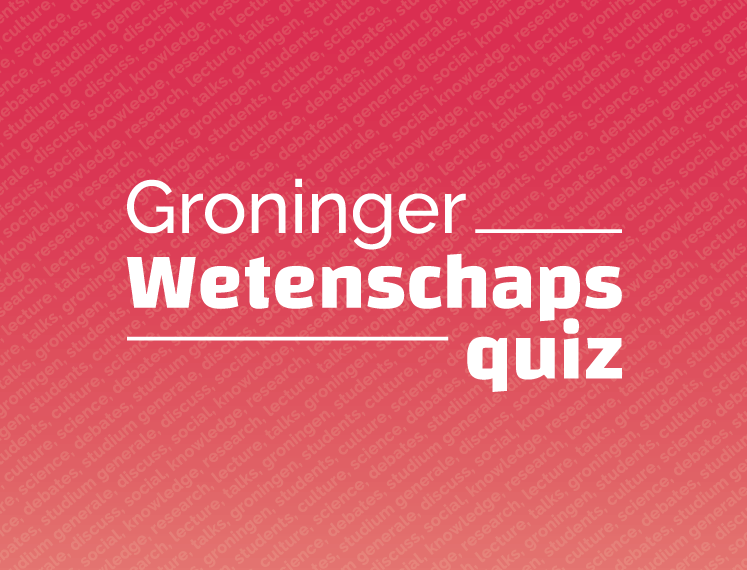Online
Nederland
What Is It Like to Be... an Insect
Lars Chittka is a German zoologist, ethologist and ecologist distinguished for his work on the evolution of sensory systems and cognition, using insect-flower interactions as a model. His work is poised at the intersection between sensory physiology and learning psychology on the one hand, and evolutionary ecology on the other. Bees have been the organisms of choice in most of his studies, because they have a rich behavioural repertoire and amazing learning capacities, but also because of their use of spatial memory to navigate. Recently, Chittka has also become interested in the evolution of cognitive capacities and communication.
The 3 questions he would like to discuss with you in this webinar are:
1. Can insects imagine things?
2. Do insects have emotions?
3. Can insects appreciate the outcomes of their actions?
Lars Chittka is the founder of the Research Centre for Psychology at Queen Mary, University of London. He has been an Editor of Biology’s leading open access journal PLoS Biology; he is a member of the Faculty of 1000, and was an ERC Panel Chair. Lars Chittka is a recipient of the Royal Society Wolfson Research Merit Award and an ERC Advanced Grant. He is also an elected Fellow of the Linnean Society, the Royal Entomological Society as well as the Royal Society of Biology. He received the Lesley Goodman Award of the Royal Entomological Society in 2006, with Dr. T. Doering.
